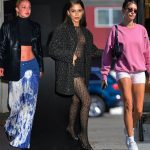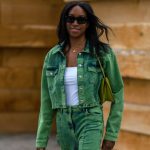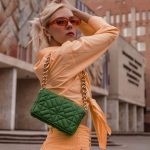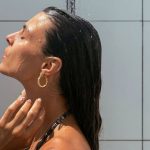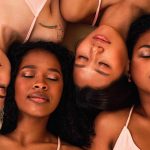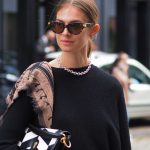The Influence of Celebrity Makeup Artists on Beauty Trends
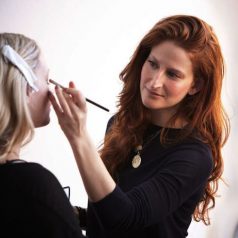
As the beauty industry continues to thrive on innovation and creativity, the spotlight shines brightly on celebrity makeup artists, whose skillful hands and artistic visions sculpt the faces of the stars and redefine beauty standards for the masses. With social media platforms serving as their canvas and millions of followers as their audience, these makeup maestros transcend geographical boundaries to shape global beauty trends. From the subtle contouring techniques that redefine facial structures to the bold color choices that challenge conventional norms, celebrity makeup artists are the architects of change in an ever-evolving beauty landscape.
Techniques and Trends Set by Celebrity Makeup Artists
Celebrity makeup artists are renowned for their signature techniques, which often become synonymous with their names. From the flawless “no-makeup makeup” look popularized by Bobbi Brown to the dramatic contouring mastered by Mario Dedivanovic, these techniques have become iconic within the beauty industry.
Moreover, celebrity makeup artists play a crucial role in popularizing beauty trends. Whether it’s the resurgence of bold lip colors, the revival of ’60s-inspired winged eyeliner, or the craze for dewy, glowing skin, these trends often originate from the work of makeup artists on celebrities. By showcasing these looks on high-profile clients and sharing them on social media, artists can propel trends into the mainstream consciousness, influencing consumers and fellow artists alike.
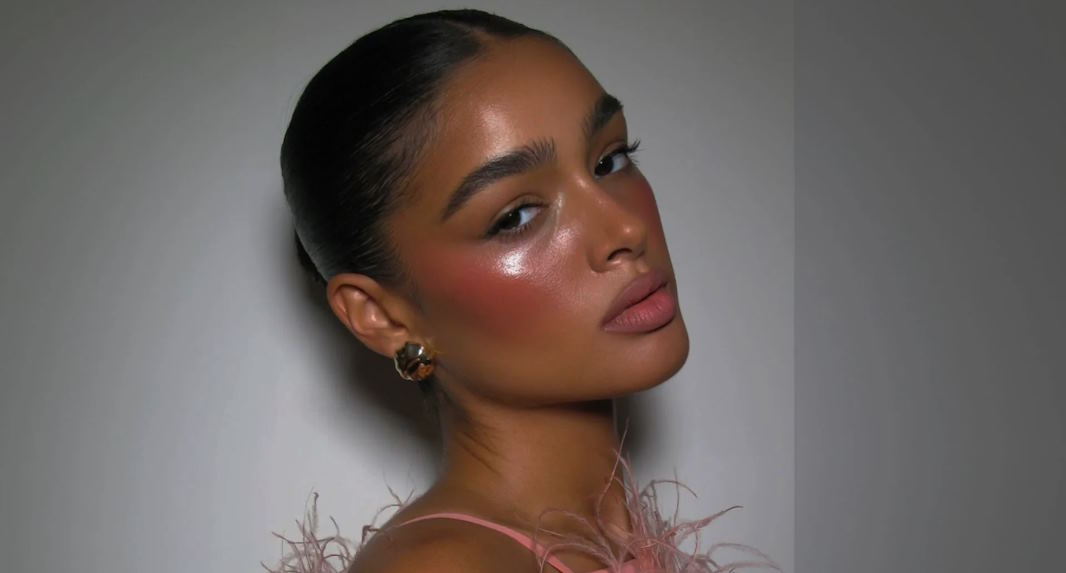
Collaborations and Endorsements
Partnerships between celebrity makeup artists and beauty brands have become increasingly common in recent years. These collaborations leverage the artist’s expertise and celebrity status to promote products and create buzz within the industry. For example, when makeup artist Charlotte Tilbury launched her eponymous makeup line, she enlisted the support of celebrity clients such as Kate Moss and Kim Kardashian to endorse her products, leading to widespread acclaim and commercial success.
Similarly, the endorsement power of celebrity makeup artists cannot be overstated. When a beloved artist recommends a product or technique, consumers are more likely to trust and emulate their advice. This influence extends beyond traditional advertising, with many consumers turning to social media platforms for recommendations and reviews from their favorite makeup artists.
Red Carpet and Fashion Shows
Red carpet events and fashion shows serve as platforms for celebrity makeup artists to showcase their creativity and set trends in real-time. The looks created for these high-profile events often garner extensive media coverage and spark conversations among beauty enthusiasts worldwide.
For example, the “J.Lo glow,” popularized by makeup artist Scott Barnes, became synonymous with Jennifer Lopez’s radiant complexion and has since been emulated by countless beauty enthusiasts. Similarly, the bold and unconventional makeup looks seen on the runways of fashion shows often filter down to everyday beauty routines, inspiring consumers to experiment with new colors, textures, and techniques.
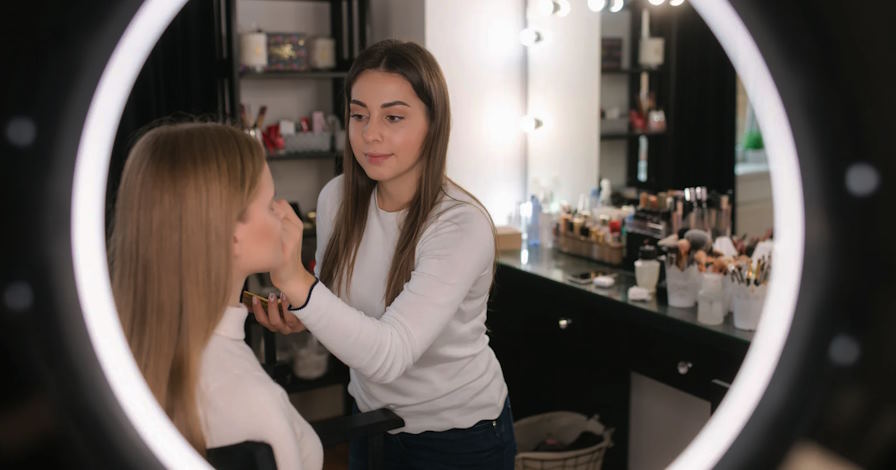
Social Media and Celebrity Makeup Artists
Social media platforms have democratized beauty standards and provided a platform for diverse representations of beauty. Celebrity makeup artists play a crucial role in this landscape, using their platforms to showcase their work on clients of all ages, skin tones, and genders.
Platforms like Instagram and TikTok have become indispensable tools for makeup artists to connect with their audience, share tutorials and tips, and collaborate with brands. The rise of influencer culture has further amplified the influence of celebrity makeup artists, with many artists partnering with brands to create their own makeup lines or serving as brand ambassadors.
Critique and Controversies
While celebrity makeup artists wield significant influence in the beauty industry, they are not immune to criticism and controversy. One common critique is the lack of diversity and representation within the industry, with many artists and brands failing to cater to the needs of consumers with diverse skin tones and ethnicities.
Moreover, the promotion of unrealistic beauty standards and the perpetuation of harmful stereotypes have also come under scrutiny. Critics argue that the relentless pursuit of perfection can contribute to low self-esteem and body image issues, particularly among impressionable young audiences.

